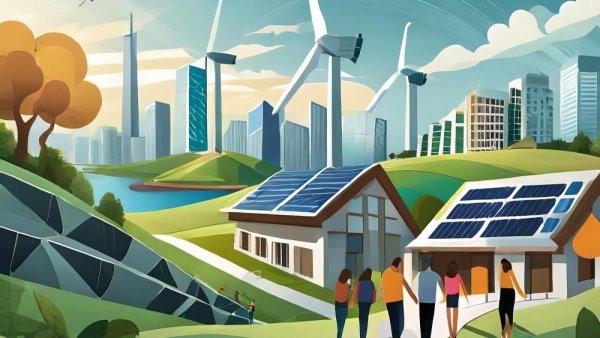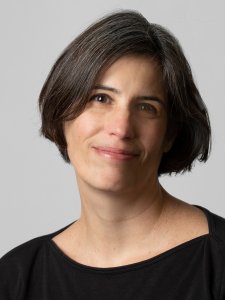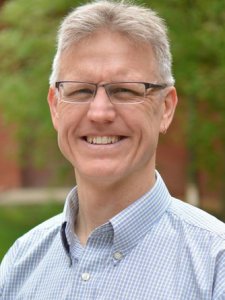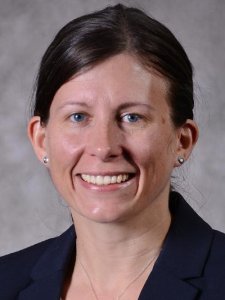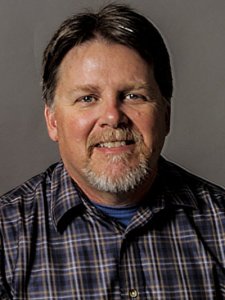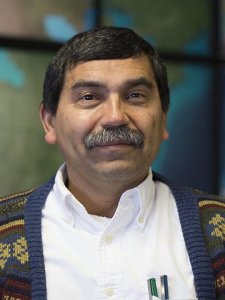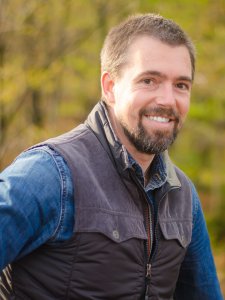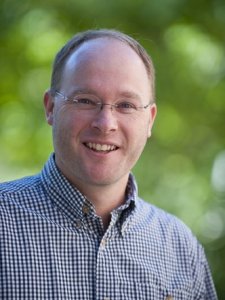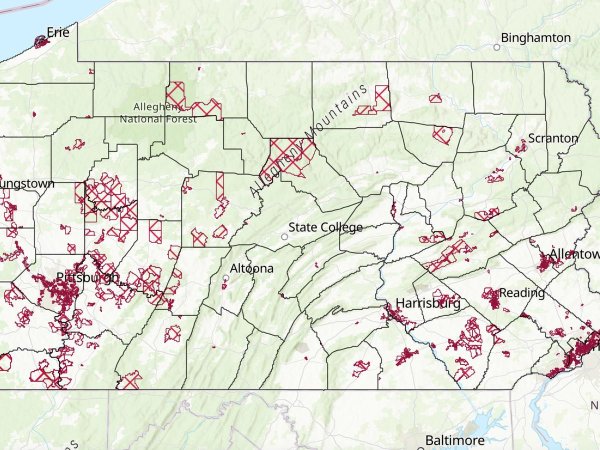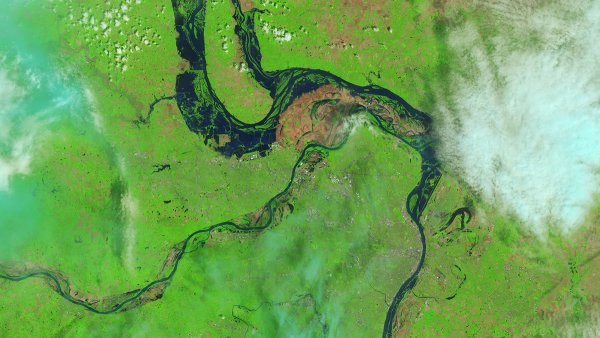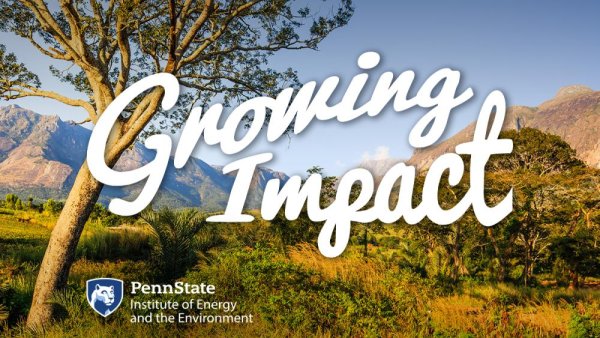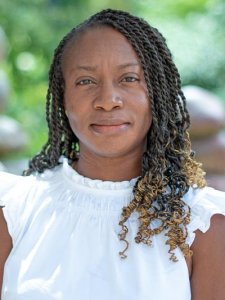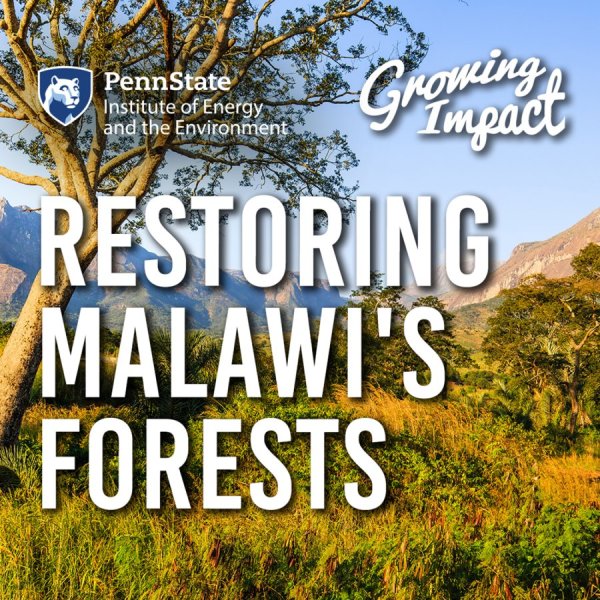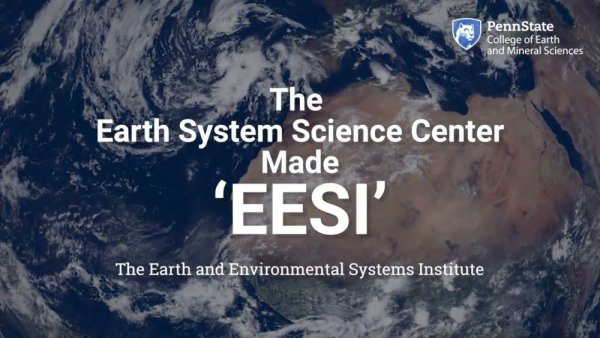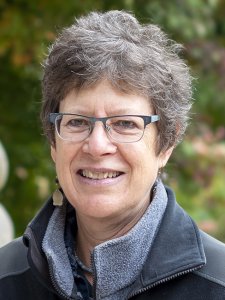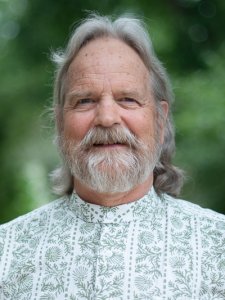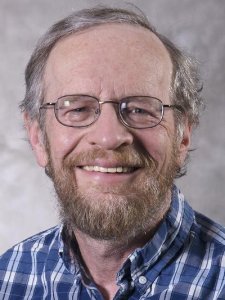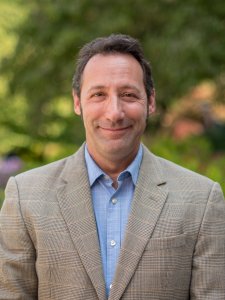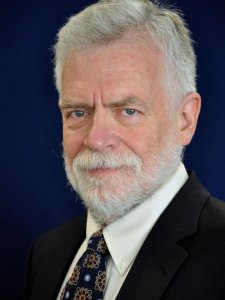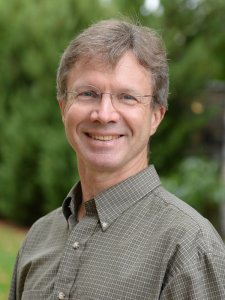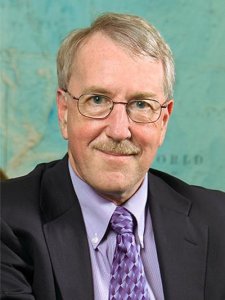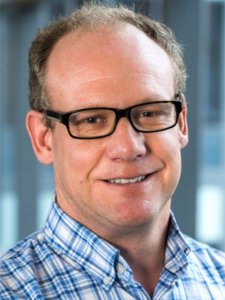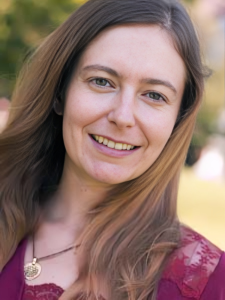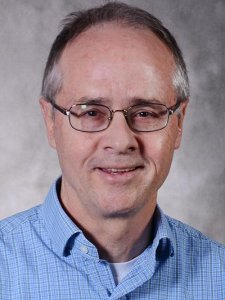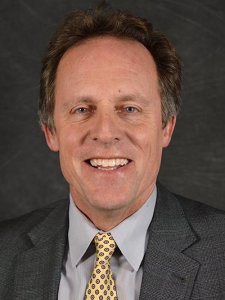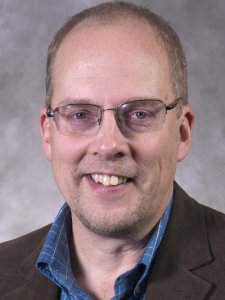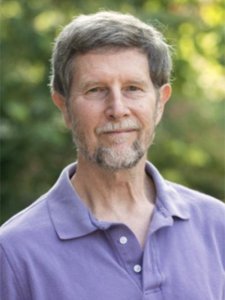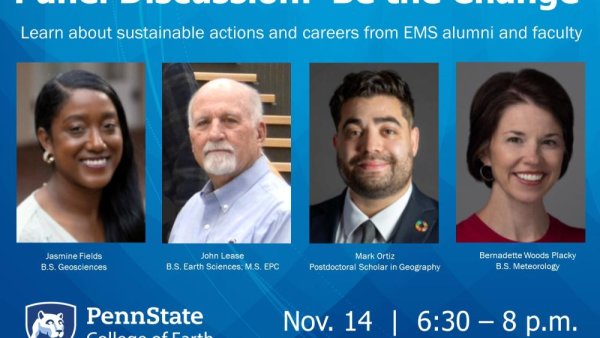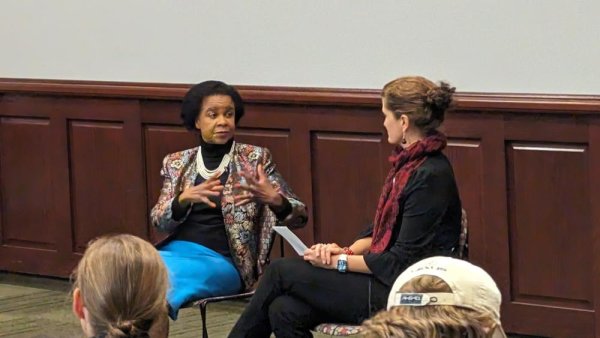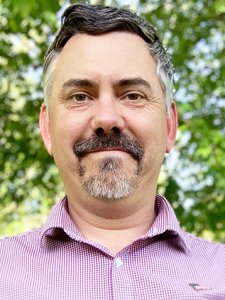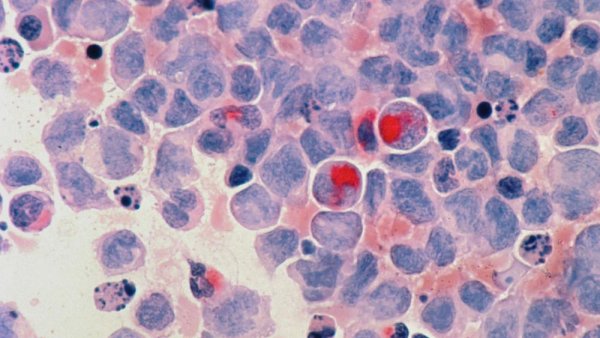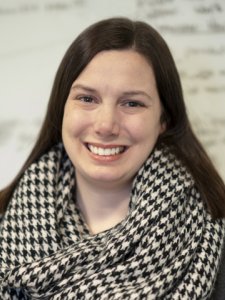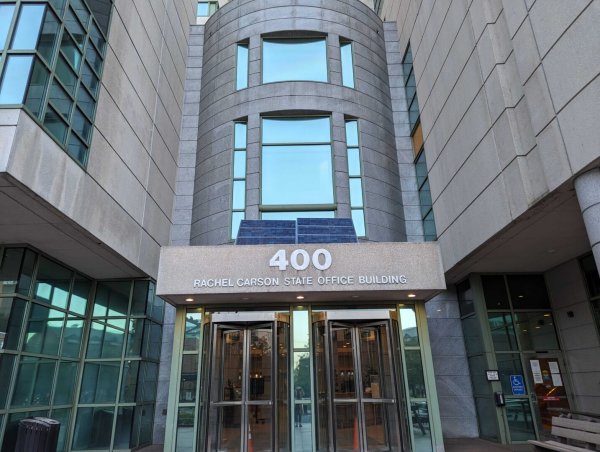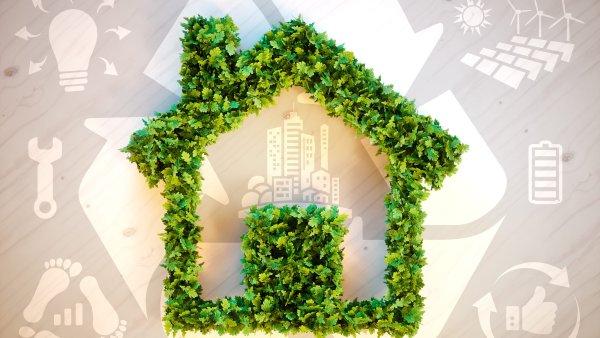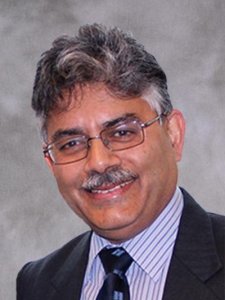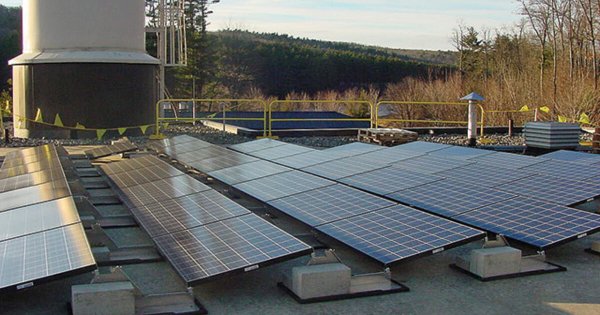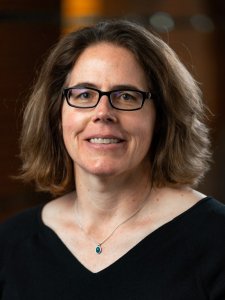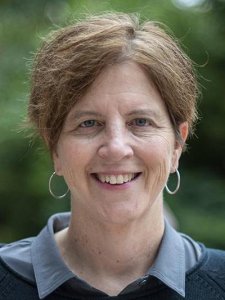Collaborative landscape design approach may improve resiliency, human well-being
| psu.edu
A framework called regenerative landscape design may improve how complex, interconnected environmental and social challenges, such as climate change and biodiversity loss, are addressed, according to a new study led by Penn State researchers.
Mentions
-
Erica Smithwick
-
Lisa Iulo
-
Leland Glenna
-
Jennifer Baka
Associate Professor and John T. Ryan, Jr. Faculty Fellow, College of Earth & Mineral Sciences -
Charles Andrew Cole
-
Jose D. Fuentes
-
Carter Hunt
-
Jason Kaye
-
Douglas Bird
 Douglas Bird
Douglas Bird -
Christopher Blaszczak-Boxe
 Christopher Blaszczak-BoxeAssociate Professor, Howard University; Former Penn State researcher
Christopher Blaszczak-BoxeAssociate Professor, Howard University; Former Penn State researcher -
Caitlin Grady
 Caitlin GradyFormer Assistant Professor, Civil and Environmental Engineering
Caitlin GradyFormer Assistant Professor, Civil and Environmental Engineering -
Klaus Keller
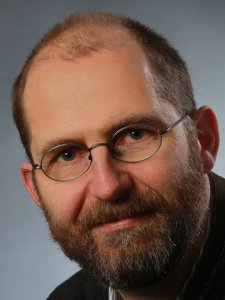 Klaus KellerFormer Professor, Geosciences
Klaus KellerFormer Professor, Geosciences
What living in a PA environmental justice area means
| spotlightpa.org
Pennsylvania’s updated environmental justice policy aims to provide at-risk communities with better communication on development projects. This article quotes Jennifer Baka, associate professor of geography.
Mentions
-
Jennifer Baka
Associate Professor and John T. Ryan, Jr. Faculty Fellow, College of Earth & Mineral Sciences -
Michael Mann
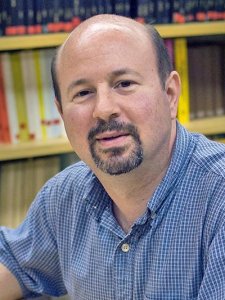 Michael MannFormer Distinguished Professor, Meteorology and Atmospheric Science
Michael MannFormer Distinguished Professor, Meteorology and Atmospheric Science
Rivers are warming up and losing oxygen
| eos.org
Researchers used deep learning to fill in the gaps of “patchy” water quality data, revealing decades-long trends toward warmer and less oxygenated rivers that could have worrisome consequences.
'Growing Impact' examines landscape restoration in Malawi
| psu.edu
The latest episode of the "Growing Impact" podcast discusses landscape restoration as a potential natural climate solution for Africa.
Mentions
-
Ida Djenontin
-
Tong Qiu
 Tong QiuFormer Assistant Professor, Ecosystem Science and Management
Tong QiuFormer Assistant Professor, Ecosystem Science and Management -
Judith Kamoto
 Judith KamotoAssociate Professor and College Director, Bunda College of Lilongwe University of Agriculture and Natural Resources
Judith KamotoAssociate Professor and College Director, Bunda College of Lilongwe University of Agriculture and Natural Resources
Growing Impact: Restoring Malawi's forests
Malawi is facing environmental challenges including deforestation, soil erosion, and unsustainable farming practices. While Malawi has pledged to restore degraded lands, it is not clear if any efforts are accomplishing what they intended. A research group is using Malawi as a case study to better inform policies and practices in forest landscape restoration.
Documentary film on research institute’s history, impact to premiere on Nov. 6
| psu.edu
The documentary film, “ESSC made ESSI,” will have its premiere screening on Monday, Nov. 6. The documentary details the history of the Environmental Systems Science Institute, which began in 1986 as the Earth System Science Center.
Mentions
-
Susan Brantley
-
Alan Taylor
-
Erica Smithwick
-
Jennifer Baka
Associate Professor and John T. Ryan, Jr. Faculty Fellow, College of Earth & Mineral Sciences -
Richard Alley
-
Seth Blumsack
-
Robert Crane
-
Kenneth Davis
-
William Easterling III
-
Bernd J. Haupt
-
Christopher House
-
Sarah Ivory
-
James Kasting
-
Lee Kump
-
Douglas A. Miller
-
David Pollard
-
Eric Barron
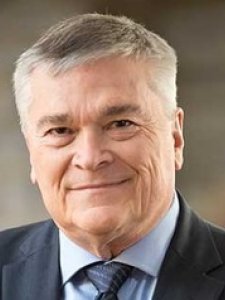 Eric BarronFormer President, Penn State
Eric BarronFormer President, Penn State
College of Earth and Mineral Sciences alumni panel discussion: ‘Be the Change’
| psu.edu
The student committee of the College of Earth and Mineral Sciences Sustainability Council will host an alumni panel discussion, “Be the Change,” from 6:30 to 8 p.m. on Tuesday, Nov. 14, in 112 Walker Building on the University Park campus.
Mentions
Seed Grant Projects
Penn State Sustainability events highlights global environmental, social justice
| psu.edu
Earlier this month, Penn State hosted South African politician, anti-apartheid activist, medical doctor and businesswoman Dr. Mamphela Ramphele for a series of events focused on sustainability and global change. Ramphele's visit and the associated events resulted from the collective efforts of Penn State Sustainability, the Africana Research Center, the Center for Global Studies, the Institute of Energy and the Environment, and Penn State Global.
Mentions
-
Erica Smithwick
-
Lara Fowler
-
Peter Buck
-
Mamphela Ramphele
 Mamphela Ramphele
Mamphela Ramphele
Dietary selenium may help fight acute myeloid leukemia, researchers report
| psu.edu
Selenium-enriched diets may help ward off myeloid leukemia, and a new study led by researchers in Penn State’s College of Agricultural Sciences has described the mechanism by which this occurs.
Mentions
This rural township wants to make it easier for other places in Pa. to fight injection wells
| witf.org
A company withdrew a well application in Potter County after public outcry, but local officials argue the state’s review process should change. This Spotlight PA article quotes Hannah Wiseman, professor of law and Wilson Faculty Fellow in the College of Earth and Mineral Sciences. It was also published by StateCollege.com.
Mentions
Tennessee, and much of the South, ranked among least energy efficient states, study says
| dnj.com
How does Tennessee compare against other states in energy efficiency? And what steps can you take to make your home more energy efficient? This article quotes Sanjay Srinivasan, professor of petroleum and natural gas engineering.
Mentions
-
Sanjay Srinivasan
Department Head and Professor, John and Willie Leone Department of Energy & Mineral Engineering (EME)
Penn State podcast explores the use of solar energy at WWTPs
| tpomag.com
The latest episode of Penn State University's Growing Impact podcast explores how wastewater treatment plants could use solar power to improve their environmental performance, their communities, and their finances.
Mentions

